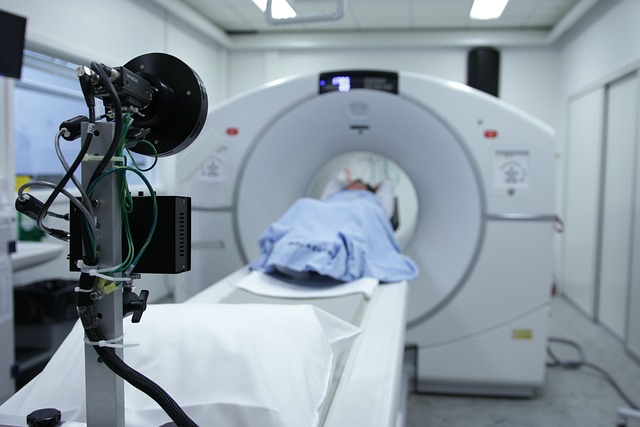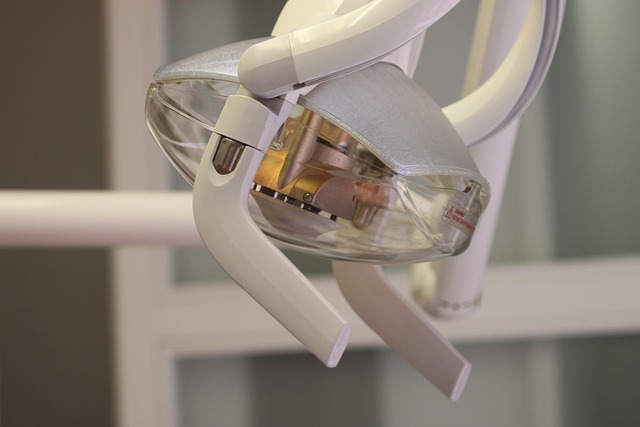Medical clinics require robust liability coverage tailored to their unique needs to protect against malpractice claims, patient injuries, and property damage. This involves proactive risk assessment, implementing safety protocols, and securing comprehensive insurance policies including general and professional liability insurance. Effective liability management ensures patient safety, preserves operational continuity, and enhances a clinic's reputation in today's medical environment.
In the dynamic landscape of healthcare, ensuring everyday protection for medical clinics is paramount. This comprehensive guide delves into the multifaceted aspects of clinic liability, highlighting the risks and responsibilities that every medical practice faces. From essential insurance types to patient protection and navigating legal requirements, we explore tailored solutions. Discover how customizing policies aligns with diverse clinic needs while enhancing reputation through robust safety measures. Empower yourself with knowledge on liability coverage for clinics to safeguard your practice and patients.
- Understanding Clinic Liability: Risks and Responsibilities
- Essential Insurance Types for Medical Practices
- Protecting Patients: Comprehensive Coverage Solutions
- Navigating Legal Requirements for Clinic Operations
- Customizing Policies to Suit Diverse Clinic Needs
- Enhancing Reputation with Robust Safety Measures
Understanding Clinic Liability: Risks and Responsibilities

Medical clinics operate within a complex legal landscape, where understanding clinic liability is paramount. As healthcare providers, clinics are exposed to various risks and responsibilities that can have significant financial and reputational implications. One of the key aspects of this is ensuring adequate liability coverage for clinics.
This includes protecting against potential malpractice claims, personal injuries sustained by patients or visitors, and property damage. Effective liability management involves assessing these risks proactively, implementing safety protocols, and obtaining comprehensive insurance policies tailored to the clinic’s specific needs. By doing so, medical facilities can mitigate their exposure, ensuring patient safety and safeguarding their operational continuity.
Essential Insurance Types for Medical Practices

In ensuring everyday protection for medical clinics, establishing a robust insurance framework is paramount. Among various insurance types, liability coverage stands out as an essential component for any medical practice. This type of insurance safeguards against potential claims arising from patient care, including accidents, medical errors, or negligence. By providing financial protection against these risks, liability coverage enables clinics to maintain stability and focus on delivering quality healthcare services.
Specific forms of liability coverage for clinics include professional liability insurance (also known as malpractice insurance), which covers legal expenses and damages due to alleged negligence in patient treatment. Additionally, general liability insurance offers broader protection against claims not directly related to medical care, such as property damage or personal injury occurring on clinic premises. Combining these essential insurance types ensures that medical practices are adequately prepared to navigate potential challenges while prioritizing patient safety and financial security.
Protecting Patients: Comprehensive Coverage Solutions

Protecting patients is paramount in medical clinics, and comprehensive coverage solutions are essential to ensure smooth operations and peace of mind. Liability coverage for clinics plays a crucial role in shielding healthcare providers from potential risks and financial burdens associated with patient care. This includes protection against medical malpractice claims, which can arise from errors, omissions, or negligence during diagnosis, treatment, or hospitalization.
A robust liability coverage strategy encompasses not just financial safeguards but also a thorough review of clinic policies and procedures to identify and mitigate potential hazards. By investing in suitable liability coverage for clinics, healthcare administrators demonstrate their commitment to patient safety, fostering trust and ensuring the clinic’s reputation remains intact.
Navigating Legal Requirements for Clinic Operations

Navigating the legal requirements for clinic operations is a crucial step in ensuring the safety and security of patients and staff. Medical facilities must adhere to stringent regulations related to liability coverage, which plays a pivotal role in protecting against potential risks and financial burdens. Adequate liability coverage for clinics is essential to safeguard against medical malpractice claims, accidents involving patients or visitors, and other unforeseen incidents.
By understanding the legal landscape, clinic administrators can select appropriate insurance policies that meet specific needs. This includes comprehensive general liability insurance, which covers a wide range of risks, as well as professional liability insurance tailored to address medical errors or omissions. Staying compliant with these requirements is not just about avoiding penalties; it ensures that clinics can continue their operations seamlessly while providing quality care without the constant worry of legal repercussions.
Customizing Policies to Suit Diverse Clinic Needs

Every medical clinic is unique, with its own set of specialties, patient demographics, and operational workflows. This diversity necessitates a flexible and customized approach to liability coverage for clinics. One-size-fits-all policies may not adequately address the specific risks associated with different clinic settings. For instance, a pediatric clinic’s concerns will differ from those of a specialized surgery center or a rural community health center.
Insurers and risk management experts play a crucial role in helping clinics tailor their liability coverage to align perfectly with their operations. By evaluating factors like staff training, equipment usage, and potential hazards, they can craft policies that offer comprehensive protection. This personalized approach ensures that the clinic’s unique needs are met, providing peace of mind and safeguarding against financial risks and legal liabilities.
Enhancing Reputation with Robust Safety Measures

In today’s medical landscape, where patient safety and trust are paramount, implementing robust safety measures is not just a best practice—it’s an essential strategy to enhance a clinic’s reputation and foster strong relationships with its community. Medical clinics that prioritize liability coverage for clinics demonstrate their commitment to safeguarding patients from potential harm, thereby instilling confidence in prospective and current clients alike.
By adopting comprehensive safety protocols and ensuring adequate liability insurance, clinics can protect themselves against financial repercussions arising from medical malpractice claims. This proactive approach not only safeguards the clinic’s financial health but also positions it as a responsible healthcare provider dedicated to delivering high-quality care with minimal risks.
